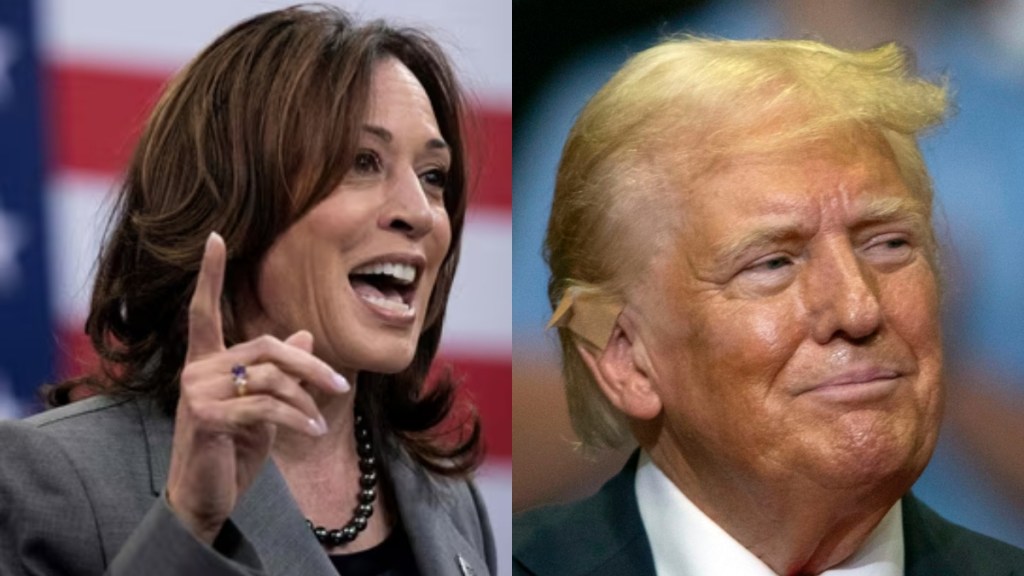As the 2024 US election approaches, experts initially feared the worst with the rise of generative artificial intelligence: a flood of hyper-realistic deepfakes misleading voters on social media. However, instead of sophisticated deceptions, what has surfaced is far more absurd. Voters are encountering AI-generated content like videos of former President Donald Trump riding a cat while wielding an assault rifle, and Vice President Kamala Harris in communist attire or embracing Trump, reports the Associated Press.
Spreading Conspiracy Theories and Racism
Although these images are often cartoonish, they highlight the growing role AI is playing in the campaign, fueling political satire, spreading conspiracy theories, and sometimes promoting racist or xenophobic narratives. For example, Trump and his allies have shared AI-generated memes linking Haitian migrants to false claims of animal theft and consumption, further perpetuating anti-immigrant sentiments.
Francesca Tripodi, an expert in online propaganda, said such AI-made images are new, viral vehicles to carry age-old anti-immigration narratives.“The memes that are amplifying this claim are anything but humorous. When you have elected officials who are utilising this imagery as a way of perpetuating racism and xenophobia, that’s a huge problem,” said Tripodi, a sociologist at the University of North Carolina at Chapel Hill.
Republican Defense: Humor, Not Deception
While some Republicans defend the images as harmless, humour-filled content, experts warn that even memes designed for entertainment can carry dangerous undertones, exacerbating misinformation. Though Democrats have used AI less frequently, some have shared AI-generated images of Trump in handcuffs or fleeing from the police during his legal battles.
“There is a culture of personality surrounding Donald Trump that encourages that sort of over-the-top communication style that turns things into comical memes,” said Caleb Smith, a Republican strategist, adding, “The intent is to entertain, not to deceive. That is what it should be.”
“Memes that are parody are one thing. It’s another where it’s intended to deceive,” said Rep. Adam Schiff, a California Democrat and vocal Trump critic. “And we already see the Trump campaign blurring the line.”
AI’s Growing Influence: Blurring the Line
AI’s accessibility has made it a convenient tool for generating viral political content. Despite the often ridiculous nature of many AI memes, the technology’s hyperrealism blurs the line between satire and deceit, raising concerns about its potential misuse in shaping public opinion as election day draws nearer.
“Currently, the only authorised campaign use of generative AI is for productivity tools, such as data analysis and industry-standard coding assistance,” said Harris campaign spokesperson Mia Ehrenberg. Using fake, entertaining, often preposterous images to score political points is hardly new. But unlike cobbled-together Photoshop images or political cartoons, AI-generated images pack a stronger punch with their hyperrealism and can draw new attention to a political message.
The use of AI for political satire and propaganda isn’t limited to the U.S. and has been observed in elections from Indonesia to the Netherlands. More sinister deepfakes also have sought to influence races around the world. In Slovakia last year, AI audio clips impersonated the liberal party chief talking about rigging the vote days before parliamentary elections. In New Hampshire’s primary in January, audio deepfakes of President Joe Biden were sent in robocalls to Democratic voters, urging them not to vote. The incident was quickly publicised and resulted in criminal charges.

